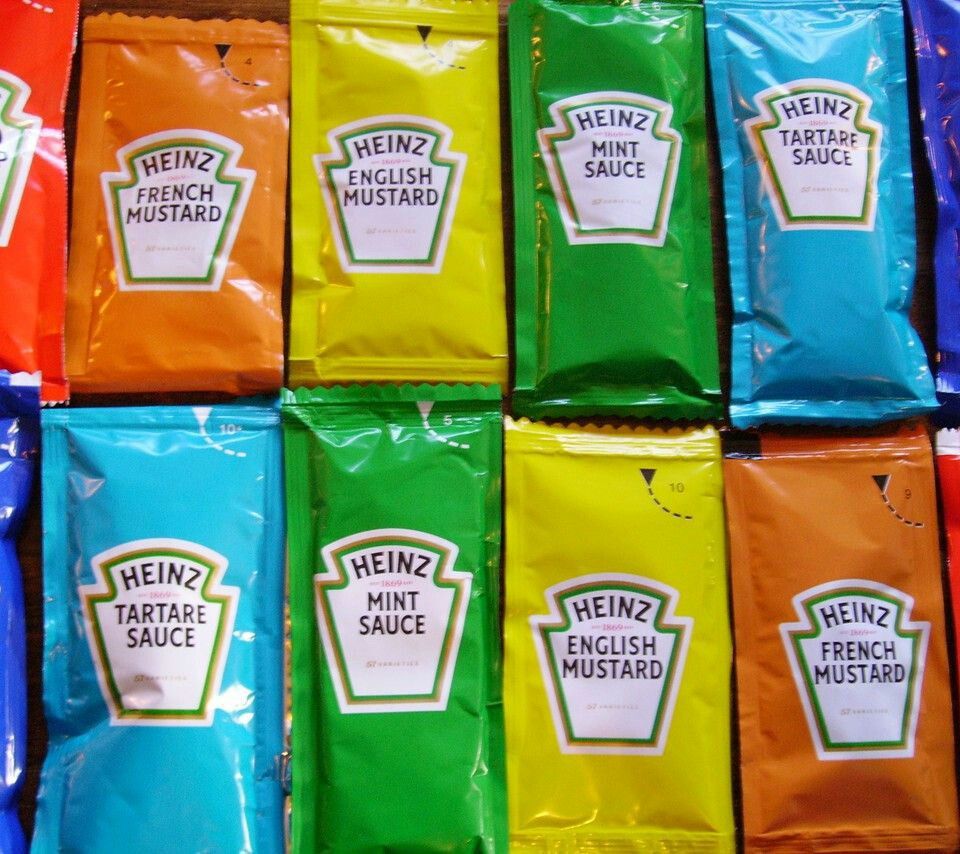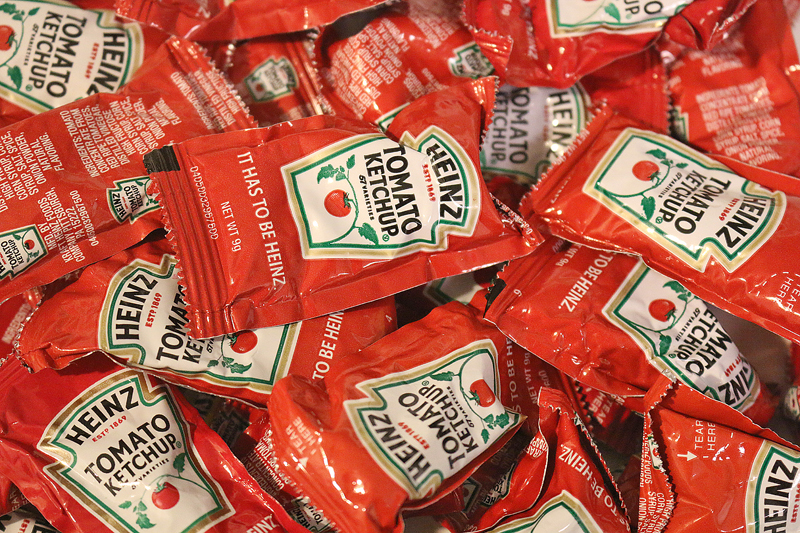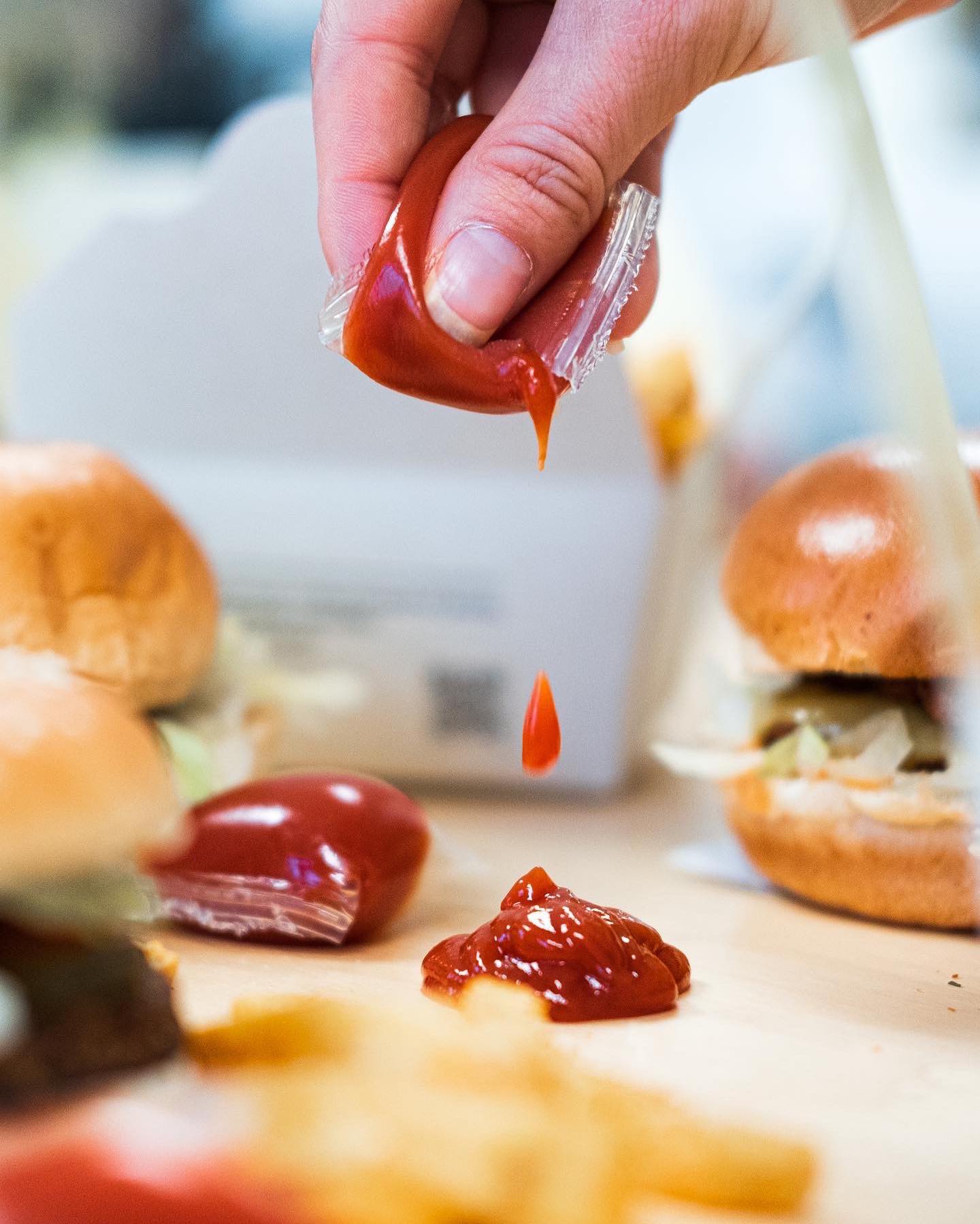
- Sustainable Planet -
- 4mins -
- 606 views
UK Takeaways, restaurants and cafes set to be ‘banned’ from using sauce sachets
Individually portioned single-use sachets containing condiments such as tomato ketchup and mayonnaise may soon be banned in the UK as part of new measures to cut down on difficult to recycle waste.
Sauce sachet ban to help squeeze out single-use plastics
Takeaways in the United Kingdom (UK) could soon be facing a sachet ban and will need to find eco-friendly alternatives to offer customers. Single-use packets of tomato ketchup, mayonnaise and vinegar – among others – could all be stamped out in a bid to cut down on plastic waste. Along with the sachets being banned, items such as plastic cutlery and plates may soon become unavailable.

Takeaways Could Soon be facing Sauce Sachet Ban
Last year, UK Environment Secretary George Eustice said that the sachets ‘can cause considerable harm to the marine and terrestrial environment when disposed of incorrectly’. Sustainable sauce sachets is something that takeaway delivery service Just Eat has already trialled with sauces being given to customers in biodegradable seaweed packaging back in 2019. The move came after a survey found 92% wanted to see more of their takeaway sauces coming in the seaweed sachets, while 91% found them easy or easier to use than a normal sachet.
Source: LadBible

Sachets are hard to segregate and clean, making them unlikely to be recycled
As reported by The Times, the plans, from the Department for Environment, Farming and Rural Affairs, are designed to cut down on plastic waste that cannot easily be recycled and which is likely to go into landfill or end up in the oceans. The ban would follow one on plastic straws, stirrers and cotton buds, which were outlawed in most circumstances in 2020.
The government launched a call for evidence in November on how to tackle pollution from commonly littered single-use plastic items such as sachets, wet wipes and coffee cups. It said then that options included a ban and mandatory labelling to try to ensure they were disposed of correctly.
The report concluded that single-use sauce sachets could “cause considerable harm to the marine and terrestrial environment when disposed of incorrectly”. Because of their small size and heavy contamination with food, they are hard to segregate and clean, making them unlikely to be recycled.
Source: TheTimes

alternatives to problematic sachets already exist
According to a report in The Times, a government source said on Tuesday 10 January that a ban on plastic sachets was being considered because “alternatives do exist and sachets are very problematic”.
The British Takeaway Campaign and the Federation of Small Businesses agreed that single-use plastics had to be reduced, provided businesses had time to find alternatives.
There have been some efforts to create plastic-free replacements for sauce and condiment packets. Notpla, a London-based startup, creates biodegradable sauce packets out of brown seaweed, which is fast-growing and abundantly available without requiring extensive resources to produce.
The firm’s packets have already been trialled at the London marathon, which in 2019 handed out packets of water and Lucozade to runners. Heinz has also partnered with the company to offer biodegradable ketchup packets.
Source: TheTimes

The sachets aren’t wanted anyway
According to a One Poll survey of 2,000 UK adults, eight out of 10 people think the sachets should be banned in the UK. It is believed that bigger companies will be able to cope with the changes, but there are some concerns surrounding the smaller takeaways that might be impacted.
Speaking to LADbible, the British Takeaway Campaign highlighted some of the concerns with Deputy Chair, Andrew Crook, explaining: "It’s right that the nation reduces its plastic consumption, but we’ve got to do so without adding another costly burden on the smallest restaurants, many of which are struggling to keep their doors open.
“Our favourite takeaways wouldn’t be the same without the sauces on the side, so the Government should give small restaurants time to find affordable, non-plastic alternatives, and not lumber them with other changes too soon either, like the proposed cutlery and polystyrene cup ban.”
What do you think?
Source: LADbible


